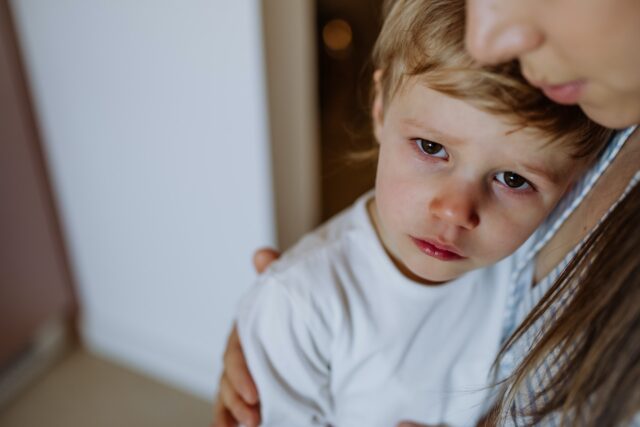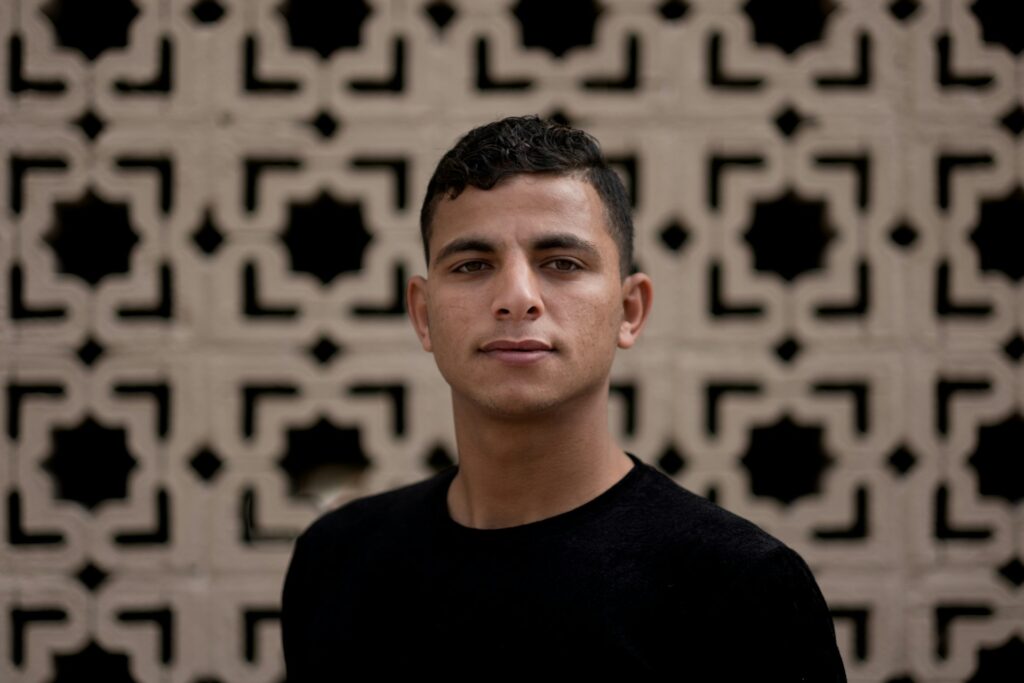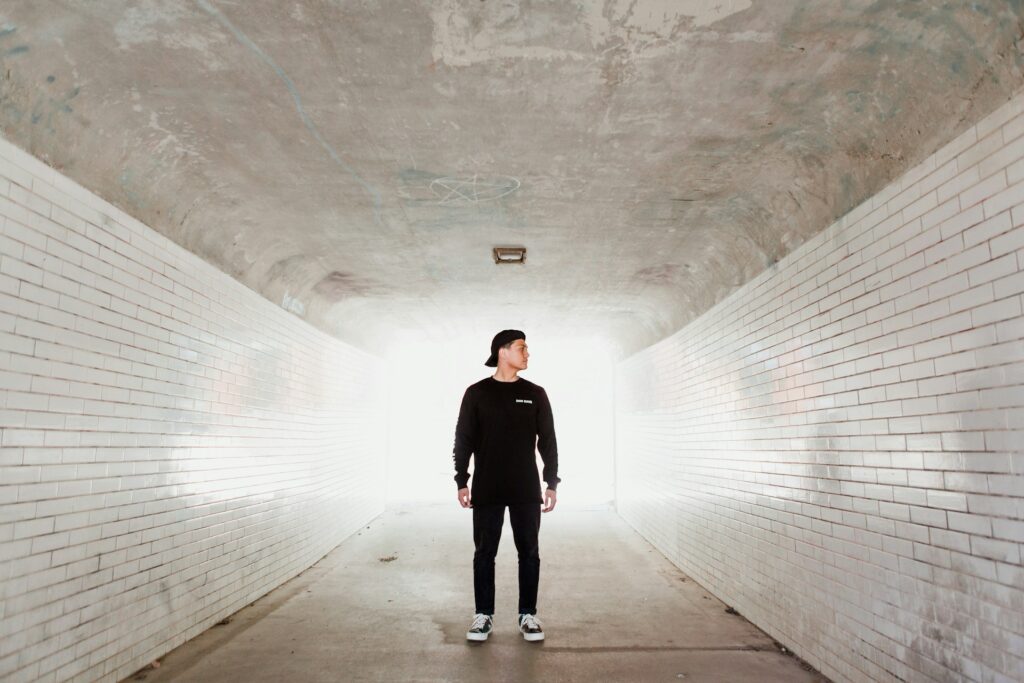Bullied As A Kid? Here’s How It Might Be Impacting Your Life Now
 Unsplash
Unsplash Kids can be really cruel, and if you were on the receiving end of bullying growing up, you know just how true that is. The old saying that sticks and stones will break your bones but words can never hurt you isn’t necessarily true — the effects of bullying can stay with you for years to come. Here are some things that might happen.
1. Your self-esteem is in the gutter.
 Source: Unsplash
Source: Unsplash
A tough childhood full of bullying can leave deep scars on your self-esteem. You might carry a core belief that you’re not good enough, impacting your confidence in personal and professional spheres. This low self-esteem often manifests in self-doubt and hesitation in making decisions or putting yourself forward.
2. You struggle to trust people.
 Source: Unsplash
Source: Unsplash
If you were bullied, trusting others might not come easily to you. You learned early that people can be cruel, and that lesson might make you overly cautious in forming new relationships. There’s always this underlying fear that others might betray or hurt you.
3. You have crippling anxiety.
 Source: Unsplash
Source: Unsplash
Experiences of bullying can lead to chronic anxiety. You might find yourself constantly on edge, expecting the worst from people and situations. This anxiety isn’t just about nervousness; it’s a deep-seated fear stemming from past trauma.
4. You often feel depressed.
 Source: Unsplash
Source: Unsplash
The isolation and emotional turmoil caused by bullying can contribute to depression. You might struggle with feelings of sadness, hopelessness, or a lack of interest in activities you once enjoyed. This isn’t just feeling down; it’s a pervasive sense of despair.
5. You find yourself withdrawing socially.
 Source: Unsplash
Source: Unsplash
Being bullied can make social interactions daunting long after the torment stops. You might find yourself withdrawing from social situations, fearing judgment or further hurt. This withdrawal isn’t just shyness; it’s a protective measure against potential threats.
6. Your relationships are strained and plagued with drama.
 Source: Unsplash
Source: Unsplash
Childhood bullying can affect how you relate to others as an adult. You might have a hard time opening up or fully trusting your partner. These relationship challenges stem from a fear of being vulnerable and getting hurt again.
7. You’re overly self-critical.
 Source: Unsplash
Source: Unsplash
Constant criticism during formative years can lead to being overly critical of yourself as an adult. You might find it hard to give yourself credit or feel a perpetual need to be perfect, stemming from a fear of being judged or ridiculed.
8. You have serious body image issues.
 Source: Unsplash
Source: Unsplash
If the bullying you experienced was focused on your appearance, it could lead to long-term body image issues. You might struggle with feelings of inadequacy regarding your physical appearance, leading to negative self-perception and possibly disordered eating behaviors.
9. You struggle to accept feedback or criticism.
 Source: Unsplash
Source: Unsplash
After being bullied, you might become overly sensitive to criticism. Even constructive feedback can feel like an attack, making it hard to accept without feeling deeply hurt or defensive.
10. You’re terrified of failure.
 Source: Unsplash
Source: Unsplash
The fear of failure can be amplified if you were bullied. The ridicule or punishment for mistakes during childhood can create an intense fear of failing and, subsequently, a reluctance to try new things or take risks.
11. You have anger management issues.
 Source: Unsplash
Source: Unsplash
Some adults who were bullied as kids struggle with anger management. This anger is often rooted in the powerlessness and frustration they felt during their bullying experiences.
12. You have imposter syndrome.
 Source: Unsplash
Source: Unsplash
Feeling like a fraud, or that you don’t deserve your success, is common among those who were bullied. It’s a deep-seated fear that others will eventually see you as the inadequate person the bullies made you feel like.
13. You struggle to express your emotions.
 Source: Unsplash
Source: Unsplash
If expressing emotions made you a target for bullies, you might find it hard to show your feelings as an adult. This difficulty isn’t about not feeling emotions; it’s about a learned fear of being vulnerable.
14. You’re a perfectionist to the point that it paralyzes you.
 Source: Unsplash
Source: Unsplash
Striving for perfection can be a coping mechanism against bullying. It’s an attempt to avoid criticism or ridicule, but this relentless drive for perfection often leads to stress and is never truly satisfying.
15. You go to great lengths to avoid conflict.
 Source: Unsplash
Source: Unsplash
If conflicts in childhood led to bullying, you might avoid confrontation at all costs. This avoidance isn’t about peacekeeping; it’s a fear-based response to avoid potential harm.
16. You’re hypervigilant.
 Source: Unsplash
Source: Unsplash
Being constantly on the lookout for danger is a common trait in those who were bullied. This hypervigilance is exhausting and can make it difficult to relax and feel safe, even in non-threatening situations.
17. You struggle with authority figures.
 Source: Unsplash
Source: Unsplash
If your bullies were authority figures, or if authorities didn’t protect you, it might lead to a distrust of those in power. This can manifest in challenges with bosses or other authority figures in adult life.
18. You’re extremely resilient.
 Source: Unsplash
Source: Unsplash
It’s not all negative. Being bullied can also lead to a unique strength and resilience. You’ve been through tough times and survived. This resilience is a testament to your ability to overcome adversity and can be a powerful asset in your life.





